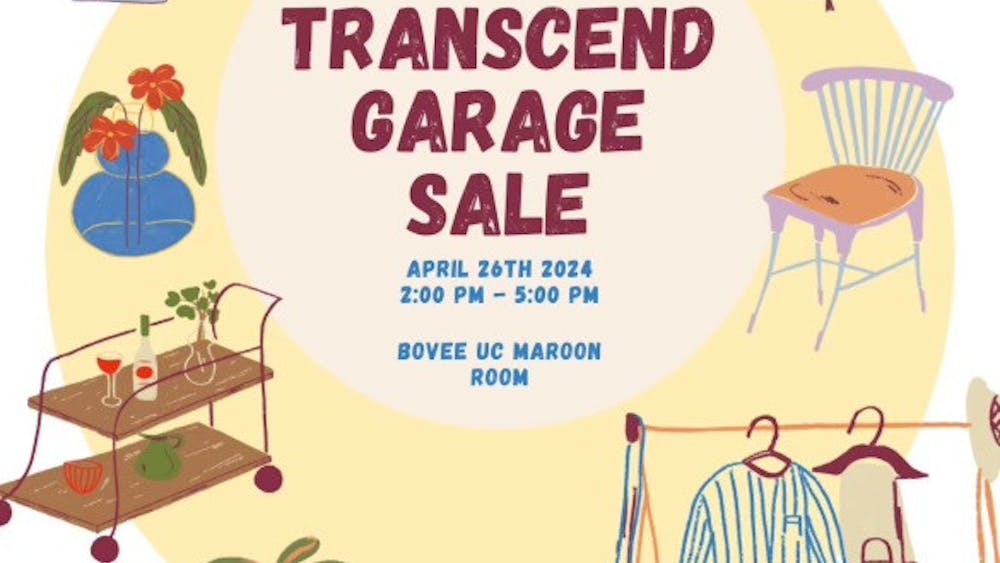LETTERS: Vote for Cotter; choose environmentally-safe fertilizers
Kevin Cotter is the best choice for the next state representative from the 99th district. As a CMU student, I recognize how important it is to have someone in the state legislature who will be a tireless advocate for the university and for our great community. Kevin Cotter is a two-time graduate of CMU, once for his bachelor’s degree and again for his master’s. He knows the challenges that the university faces and what needs to be done to tackle them head on.
Aside from being the best choice for CMU in the 99th district, Kevin will bring a fresh face and a new, positive attitude to Lansing. It’s evident that the old ways aren’t working. Kevin understands what it will take to do the heavy lifting and make this state great once again.
On Nov. 2, cast a vote for CMU and for a new direction. Vote for Kevin Cotter.
Nicole Ceccacci
Howell junior
Green energy is not the only sustainability issue at Central Michigan University that demands the attention of institutional leadership.
Though it is a problem often overlooked by the campus populace, CMU’s current land management operations may not be a friend of the environment — or even of humans.
The use of conventional pesticides and fertilizers in land management has been a common practice since the chemical applications gained rapid popularity in the ‘60s.
However, in recent years, a number of institutions have eliminated pesticides and other chemicals on their campuses, including Harvard University, Seattle University and Western Washington University, to name a few.
Why make the shift?
Simply put, pesticides and fertilizers are detrimental to environmental and human health. Universities that made the decision to transition to sustainable land management operations witnessed a number of environmental benefits, such as increased root growth, healthier nitrogen levels, decreased irrigation due to improved soil moisture, and a boost in nutrient cycling.
Furthermore, of 30 commonly-used lawn pesticides, research shows that 19 of them are highly likely to be carcinogenic, 13 are correlated to birth defects, 21 to reproductive effects, 15 to neurotoxicity, and 26 to liver or kidney damage, while 27 are sensitizers and/or irritants, and 11 have the potential to disrupt the endocrine system.
There are a number of eco-friendly and human-friendly land management options available that institutions such as CMU can phase in, without significantly increasing costs, and possibly even decreasing them.
One method includes the development and application of specific organic compost teas mixed with humic acid and North Atlantic kelp, as well as sustainable organic fertilizers.
The Student Government Association is working to pressure CMU’s institutional leadership to implement more sustainable land management initiatives, especially as our university grows in size, influence, and thus in social responsibility.
Accordingly, the CMU Great Lakes Institute for Sustainable Systems must focus upon this problem and search for ways to eliminate the use of pesticides and other toxic chemicals in its land management functions so that our student body can enjoy a healthier, more “green” campus environment.
Colleen McNeely
Student Government Association
Brighton sophomore




